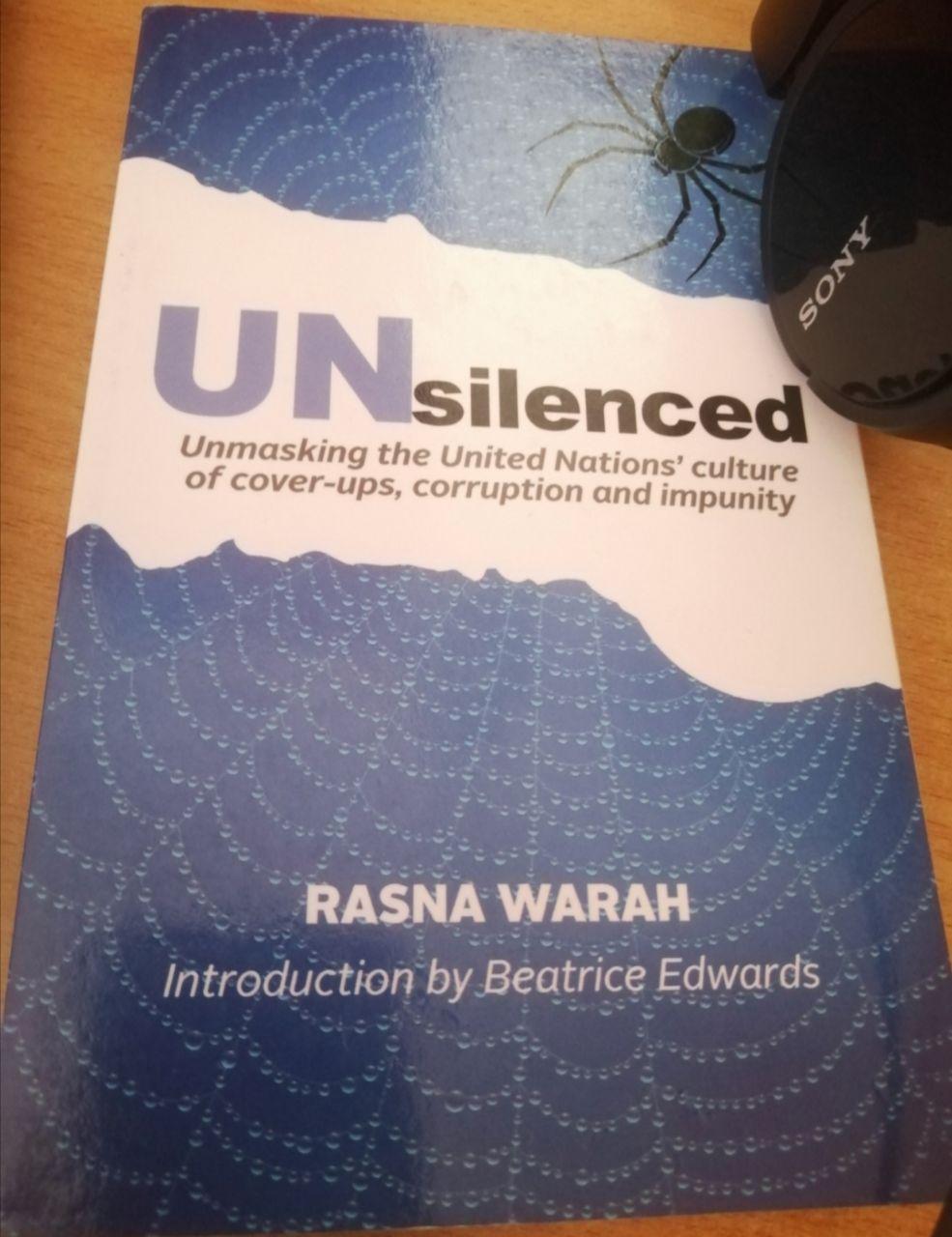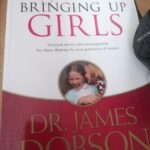I read this book in 2016, having bought it from Nuria Store.
It opened my eyes about the UN System, particularly in Kenya, which I had heard some people complaining about.
Over the past few years, the UN has come under a barrage of criticism over their (mis)handling of issues like never before.
Though the message was there before, it is now more widespread that most people don’t trust the UN to solve the World’s ills.
Rasnah was working at the UN-Habitat and was fired for disputing the ‘officially accepted figires about the population of Kibera slum’.
Even today, there are different figure that are given for the population of Kibera slum.
In the past, everyone was bombarded with the ‘3 million people live in Kibra’ until the Kenya National Bureau of Statistics in its Household Census of 2009 busted this claim.
KIbera was found with a paltry less than 300,000 residents.
Despite this revelation by the KNBS Census 2009, United Nations and other donors still put the figure at nearly a million now.
“Many UN agencies manufacture data because that is how they remain relevant, how they push forward their agenda on the international stage, and how they attract donor funding. However, I believe that deliberately publishing inaccurate data is unethical- a crime akin to plagiarism that should be carry stiff penalties,” Ms Warah observes in the book.
Silenced
It is this and other issues such as sexual harassment, breaking of the UN code of conduct that the books try to say, are silence.
The voices that speak about or against these ills are silence by getting suspended, fired or worse, killed.
The UN does not listen and has not listened a bit even since 2016.
The book has passed just like many other attempts at calling out the UN to change.
Buy this book from Nuria Store.




